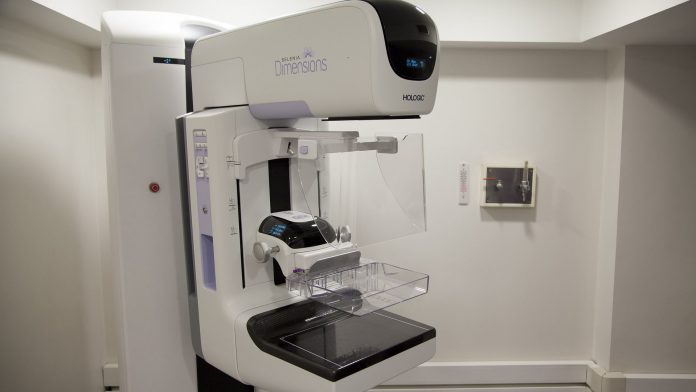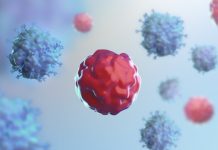
A new study has found a blood test for cancer DNA which could help predict if a woman is responding to the new breast cancer drug palbociclib, months earlier than current tests.
The scientists from the Institute of Cancer Research, London, UK and the Royal Marsden NHS Foundation Trust say that the test could detect whether palbociclib is working within two or three weeks after use.
For the current test women must wait two to three months to find out if palbociclib is working using a scan.
In the study published in the journal Nature Communication, the researchers tested women with oestrogen receptor positive breast cancer, the most common kind, and who were taking part in a clinical trial of palbociclib for advanced breast cancer.
What does the blood test look for?
The new blood test looks for circulating tumour DNA – fragments of DNA shed by the cancer that have entered the bloodstream. The DNA mutations associated with the cancer can be detected in theses samples.
Researchers found that they could predict if the new treatment would work by comparing the amount of a gene, PIK3CA, detected in a blood test before treatment and 15 days after starting treatment.
This test could allow women whose treatment is not as effective to be identified early so that they could then consider altering their treatment.
Early detection will be a major benefit
Professor Nicholas Turner, senior author and professor of molecular oncology at the Institute of Cancer Research, said: “Palbociclib is one of a new class of drugs that delays cancer progression for patients with advanced breast cancer, but it’s not effective for everybody.
“The problem is we have to wait for two to three months before doing a scan to see if the therapy is working. Our new study found that a blood test for cancer DNA in the first two weeks of treatment indicated whether the drug was likely to be effective.
“Having an early indication of how likely a treatment is to work might allow us to adapt treatment – switching some patients to an alternative drug that is more likely to benefit them.”








